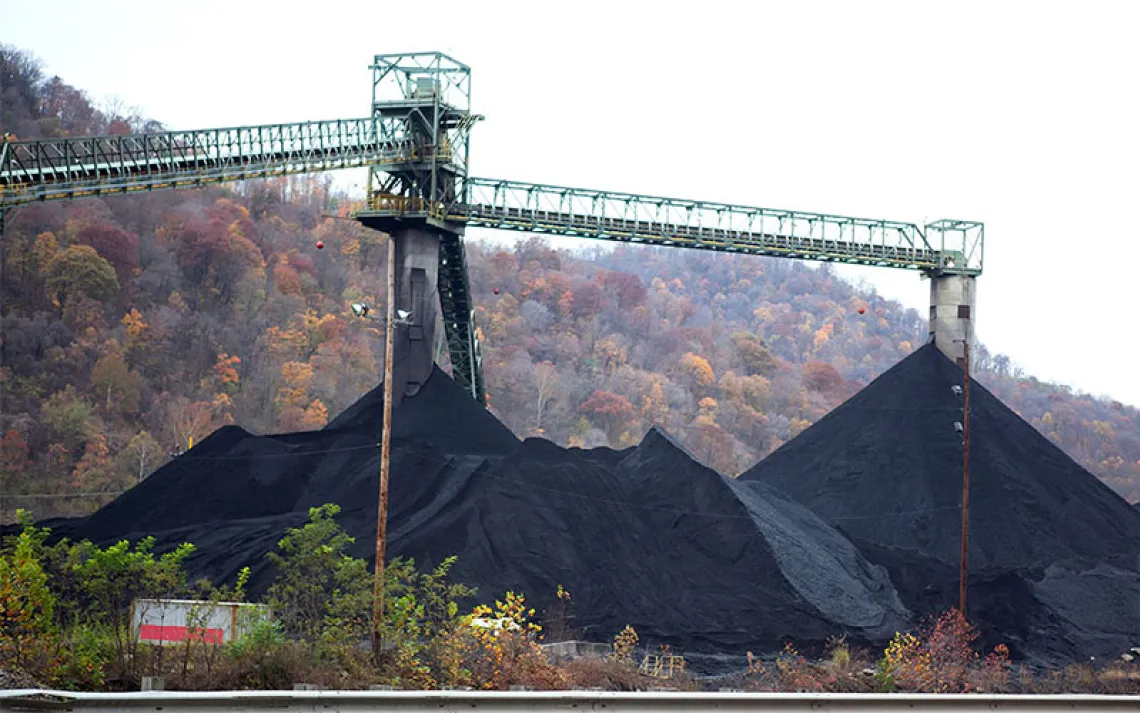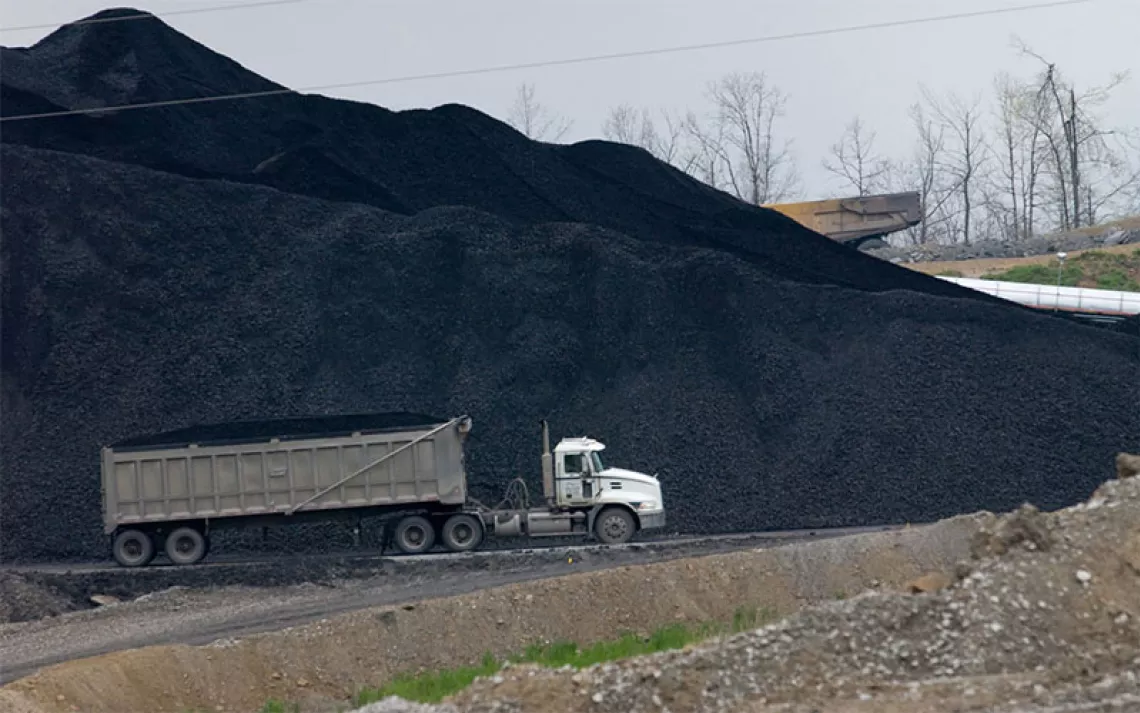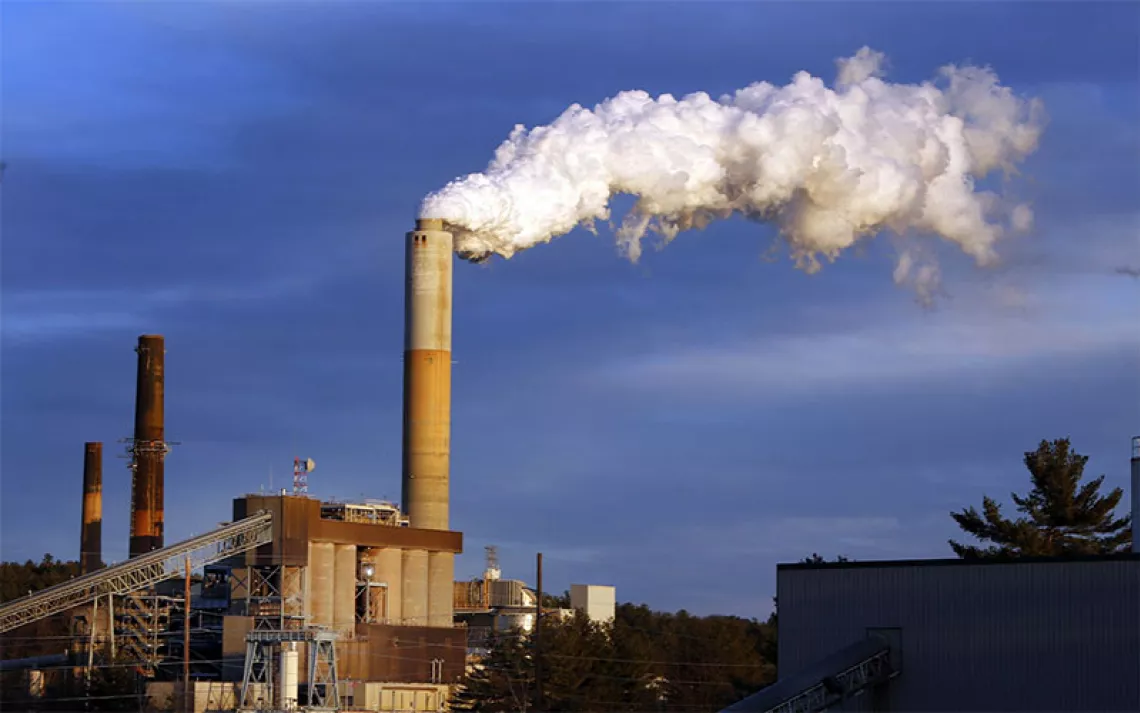Last Pacific Coast Coal Terminal Nixed
Industry’s dream to export U.S. coal to Asia is dead

Photo by imantsu/iStock
The state of Washington’s Department of Ecology has rejected a necessary water-quality permit sought by Millennium Bulk Logistics for its proposed coal-export terminal at Longview, Washington. Barring a successful appeal of the decision, this means the end of the line not only for Millennium’s dream of building the largest coal-export facility in North America, but also for the coal industry’s larger scheme to ship vast amounts of U.S. coal to Asian markets.
“This is the end,” says Bruce Nilles, senior campaign director of the Sierra Club’s Beyond Coal campaign. “Almost exactly seven years ago, Peabody Coal proposed its first project to move huge amounts of coal around the globe. This is a testament to the tens of thousands of people who raised their voices and said, ‘Hell no.’”
Shipping coal abroad was supposed to be a lifeline for the U.S. coal industry, given plummeting domestic demand as renewables became cost-competitive with fossil fuels. With vast coal reserves readily available in the Powder River Basin in Montana and Wyoming, coal companies pinned their hopes on exporting it to Asia via seven proposed terminals on the West Coast.
With Longview blocked, coal opponents are now seven for seven in stopping those terminals. (The others were to be at Cherry Point and Grays Harbor in Washington; Port Westward, Coos Bay, and Port of Morrow in Oregon; and Oakland, California.) “The Pacific Northwest will not be a hub for the global trade in dirty fossil fuels. It is not who we are,” said Jan Hasselman of Earthjustice, who represented coal opponents to the Longview terminal. “The conversation about coal export from the Pacific Northwest is over.”
Nilles was even more succinct: “Stick a fork in it,” he said.
 The Magazine of The Sierra Club
The Magazine of The Sierra Club



